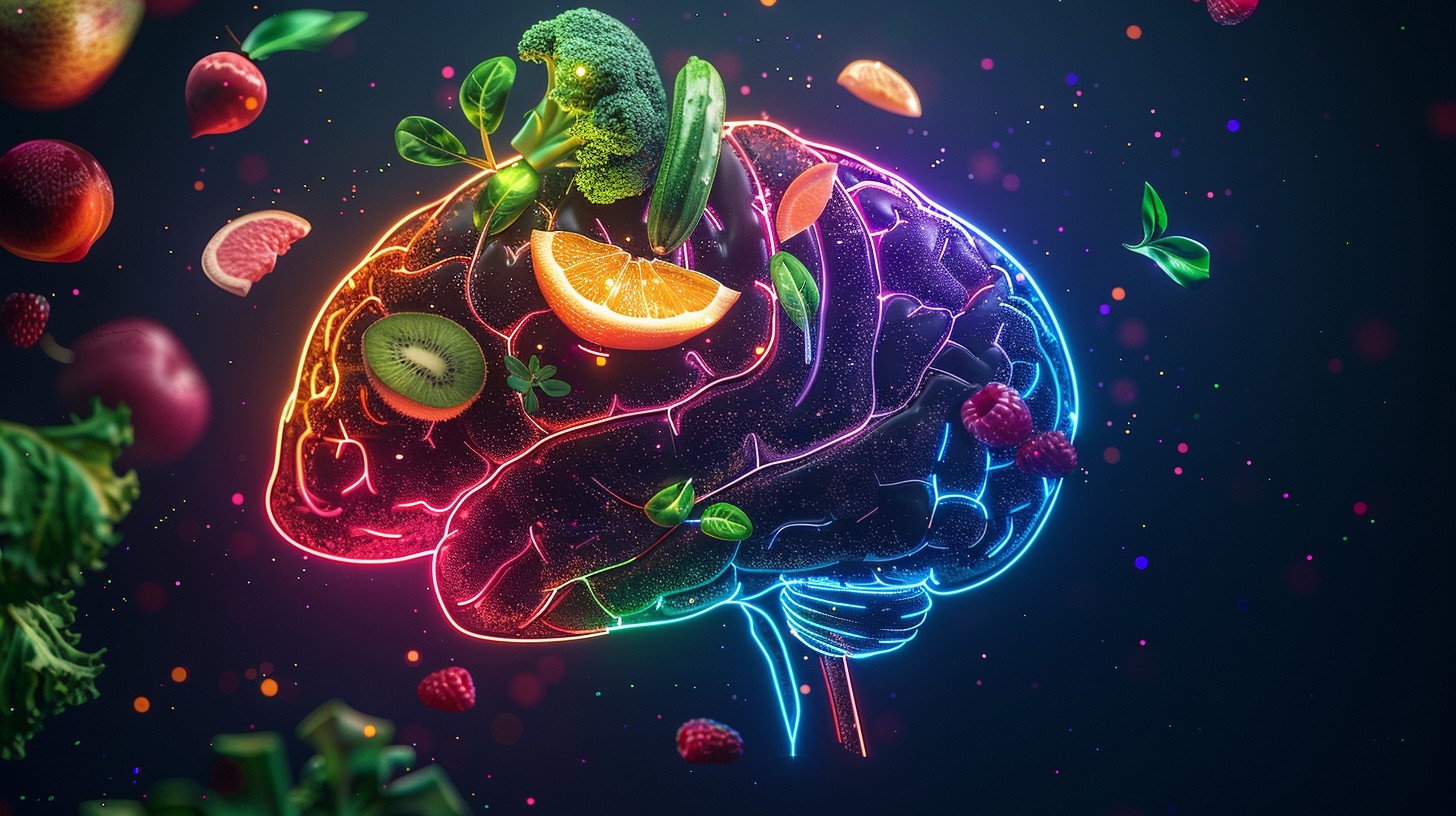Introduction
Understanding Mental Health and Its Importance
Mental health is an important component of overall well-being, including emotional, psychological and social well-being. It affects how we think, feel, and behave, affecting our decision-making, stress management, and relationships. In today’s fast-paced world where stress is a common companion, understanding and managing mental health is more important than ever. The relationship between mental health and stress management runs deep, as untreated stress can lead to significant mental health problems. In this article, we will explore effective ways to manage stress and maintain mental health, while ensuring a balanced and fulfilling life.

The Impact of Stress on Mental Health
What is stress?
Stress is a natural response to challenges or threats, triggering the body’s fight-flight response. While short-term stress can be beneficial, motivating you to perform under pressure, long-term stress can be detrimental to both mental and physical health. The constant activation of the stress response can lead to anxiety, depression, and other mental illnesses.
How stress affects the brain
When the brain detects a threat, it releases stress hormones like cortisol and adrenaline. These hormones prepare the body to deal with a threat, but long-term use can alter brain function. Chronic stress affects the hippocampus, the part of the brain responsible for memory and learning, and can shrink in size, leading to memory problems and mood disorders It also affects the amygdala, the emotional center of the brain, causing distress great and frightened.
The relationship between stress and mental health
Chronic stress is closely linked to mental health conditions such as anxiety and depression. Prolonged exposure to stress can upset the balance of nervous systems, leading to mood disorders. In addition, stress can exacerbate the symptoms of existing mental illness, making it more difficult to manage effectively. Understanding the relationship between stress and mental health is the first step to effectively managing stress.
Effective Stress Management Techniques
1. Psychological theory

Mindfulness meditation is a powerful stress relief tool. Setting the mind by focusing on the present moment and not making decisions helps calm the mind and reduce the physical effects of stress. Studies have shown that regular mindfulness can lower cortisol levels and improve mental health by reducing symptoms of anxiety and depression
How to Practice Mindfulness Meditation
- Find a Quiet Space: Choose a quiet place where you won’t be disturbed.
- Focus on Your Breath: Close your eyes and focus on your breathing. Notice the sensation of the breath as it enters and leaves your body.
- Observe Without Judgment: If your mind wanders, gently bring your focus back to your breath. Observe your thoughts and feelings without judgment.
- Start Small: Begin with just 5-10 minutes a day and gradually increase the duration as you become more comfortable.
2. Exercise

Not only is exercise beneficial for physical health, but it also plays an important role in managing stress and improving mental health. Exercise boosts endorphins, known as “feel-good” hormones, which can elevate mood and reduce stress.
Types of Exercise for Stress Relief
- Aerobic exercise: Activities like walking, jogging, or swimming can reduce stress by increasing heart rate and releasing endorphins.
- Yoga: Combines physical movement with breath control and meditation, making it the ideal choice for stress relief and mental relaxation.
- Strength training: Weight lifting or resistance training can improve mental flexibility and confidence, and reduce stress.
3. Nutritious food

A balanced diet is important for mental health and stress management. Nutrient-dense foods support brain function and help it function properly. Conversely, poor nutrition increases stress and can lead to mental illness.
Nutrients That Support Mental Health
- Omega-3 Fatty Acids: Found in fish, flaxseeds, and walnuts, omega-3s are known to improve mood and cognitive function.
- B Vitamins: These vitamins, found in whole grains, eggs, and green leafy vegetables, help regulate neurotransmitter production and reduce stress.
- Antioxidants: Foods rich in antioxidants, like berries, nuts, and dark chocolate, protect the brain from oxidative stress and improve mental clarity.
4. Get enough sleep

Sleep is important for mental health and stress management. Sleep deprivation increases stress levels, impairs cognitive functioning and makes it harder to cope with everyday challenges. Ensuring the right day is an important part of a stress management plan.
Tips for Better Sleep
- Create a Sleep Routine: Go to bed and wake up at the same time every day, even on weekends.
- Limit Screen Time Before Bed: The blue light emitted by screens can interfere with the production of melatonin, the sleep hormone.
- Create a Relaxing Environment: Make your bedroom conducive to sleep by keeping it cool, dark, and quiet.
- Practice Relaxation Techniques: Techniques such as deep breathing, progressive muscle relaxation, or reading a calming book can help you unwind before bed.
5. Social support

Strong relationships are important for mental health. Having a support system can help manage stress and provide a sense of belonging and security.
Building and Maintaining Social Connections
- Stay Connected: Regularly check in with family and friends, whether in person, via phone, or through social media.
- Join Support Groups: Consider joining groups with people who share similar interests or experiences. These groups can provide emotional support and practical advice.
- Seek Professional Help: If stress becomes overwhelming, don’t hesitate to seek help from a mental health professional. Therapy can provide valuable tools for coping with stress.
The role of professional support in stress management
Although self-help strategies are effective, professional support is sometimes needed to manage stress and maintain mental health. Therapists, counselors, and psychotherapists can offer individualized strategies and support for those struggling with chronic stress or mental illness.
Time to seek professional help
Persistent anxiety or depression: If feelings of anxiety or depression persist for more than a few weeks, it may be time to seek professional help.
Difficulty coping with daily life: A mental health professional can offer help if stress makes it difficult to perform daily tasks.
Physical Signs of Stress: Chronic stress can manifest in physical symptoms such as headaches, stomach problems, or chronic pain. Professional support can address both mental and physical aspects of stress.
Conclusion
Mental health and stress management are intertwined, and each affects the other. By adopting effective stress management strategies, individuals can improve their mental health, leading to a more balanced and fulfilling life. Whether through mindfulness meditation, exercise, healthy eating, or seeking professional help, there are many ways to manage stress and maintain mental wellbeing
The focus of mental health is not just on reducing stress; It is about improving all aspects of life. By taking prompt steps to manage stress, individuals can improve their resilience, enhance their mood, and achieve better relationships and performance. Remember that mental health is just as important as physical health, and taking care of it should be a priority for everyone.
